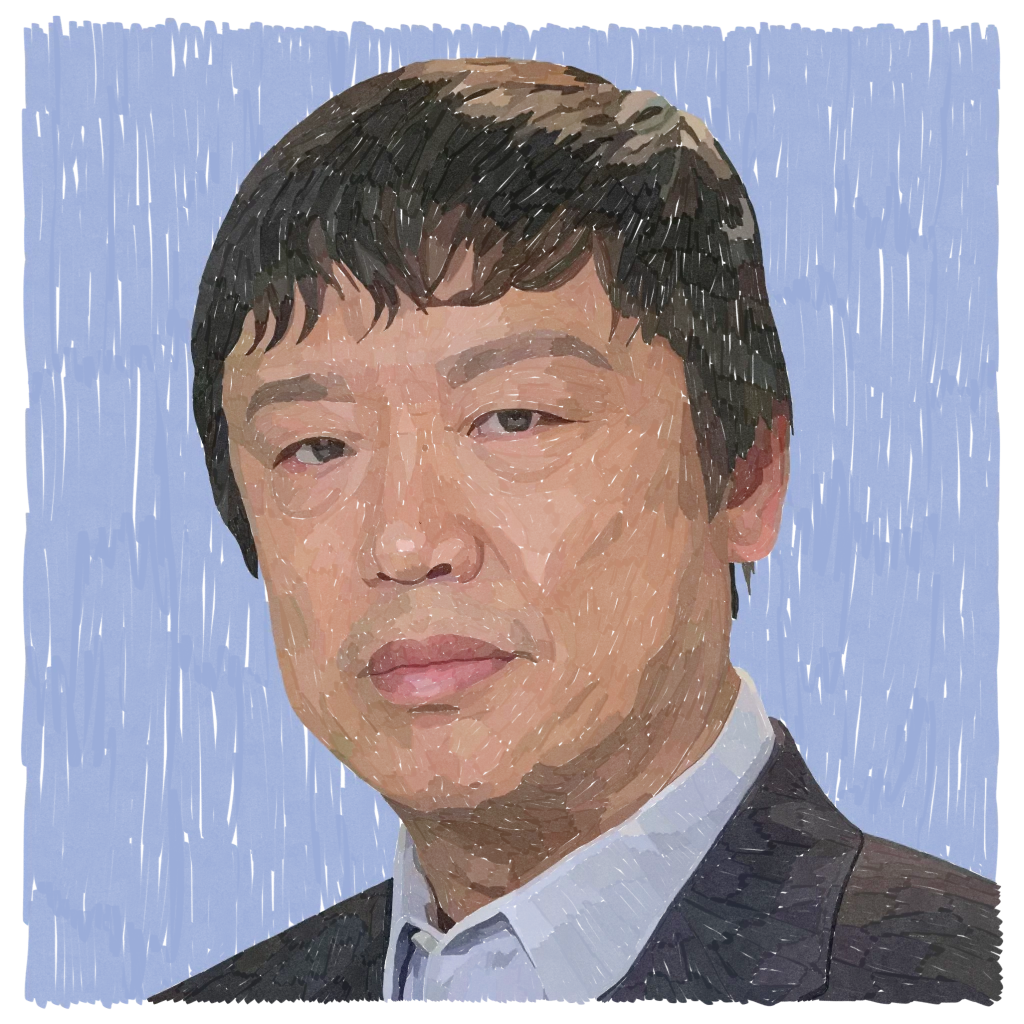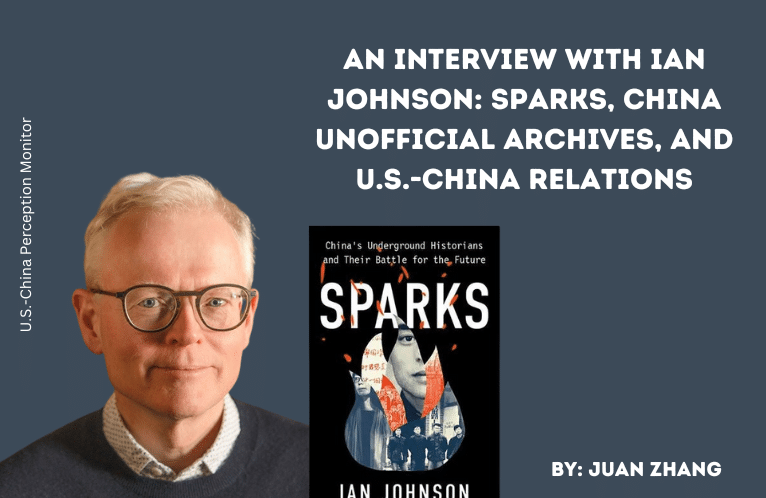When Will China Use Force to Reunite with Taiwan? Hu Xijin Explains His Position
RECAP: Peter Martin’s “China’s Civilian Army” Explores “Wolf Warrior Diplomacy”
On November 18, The Carter Center, Georgia Tech, and the China Research Center jointly hosted a webinar with Peter Martin, author of China’s Civilian Army: The Making of Wolf Warrior Diplomacy, which examines the internal popularity amid rising Chinese nationalism of a more assertive style of diplomacy.
Peter Martin is a Defense Policy and Intelligence Reporter at Bloomberg, where he previously worked as a China Governance Reporter until 2020. Martin graduated from Oxford University with a BA in History & Politics and then attended Peking University and the London School of Economics and Political Science to earn a Masters in International Affairs.
The webinar was moderated by Yawei Liu, Senior Advisor on China at The Carter Center, and Hanchao Lu, professor of history at Georgia Tech and Director of the China Research Center.
Martin went back in China in 2017 after being away for a few years serving as a consultant, and was struck by the progress China had made in its hard power: Xi Jinping was a powerful ruler, the economy had continued its upward growth, and the military was growing its international reach by establishing the country’s first foreign base. While its hard power was growing quickly, China was still struggling with diplomatic persuasion, improving the image of China abroad, and using “diplomacy to win over hearts and minds” around the world. In other words, its soft power was still weak. This discrepancy caused Martin to focus on Chinese diplomats, and out of this research China’s Civilian Army was born.
On a personal level, Martin notes that Chinese diplomats are smart and funny, engaging and interesting. But when they shift to formally represent China, they become stiff, ideological, and increasingly aggressive. China’s Civilian Army provides both a historical and current view of the so-called “wolf-warrior” style of diplomacy that describes the hostile and carefully scripted actions of Chinese diplomats. Martin found that “while wolf warrior diplomacy seems very new on the surface, its roots actually go a long way back” to the struggle of gaining international recognition when the Communists were fighting against the Japanese and the Nationalists and to Zhou Enlai, PRC’s first foreign minister.
It was Zhou’s idea that Chinese diplomats should model themselves after the People’s Liberation Army, the devoted and disciplined military arm of the Chinese Communist Party that gave birth to the People’s Republic. Since the country’s beginning, diplomats have been loyal to top leadership to an extreme degree, value conformity, and elevate even the smallest perceived insults into major international controversies. While the aggressive wolf warrior approach has been an enduring aspect of Chinese diplomacy, Martin noted that diplomats have also used their extraordinary discipline as a way to woo the world, most notably in the decade following the 1989 Tiananmen Square Massacre to restore China’s international image, which resulted in the 2001 decision to host the 2008 Olympics in Beijing.
Peter Martin closed by offering insight about why China has conducted diplomacy in this way, especially as diplomatic aggressiveness seems to be rising. He concluded that after Beijing hosted the 2008 Olympics and reacted quickly and efficiently to the economic crisis, they gained a new confidence that questioned their caution and compliance with the West. This newfound confidence and power over the West has pushed China to demand respect from the international community. However, enduring insecurities about China’s place in the world has caused diplomats to overcompensate with Twitter battles and belittling speeches. Harsh Western attitudes towards China’s human rights record, trade practices, and lack of transparency has exacerbated both of these attitudes, causing diplomats to lash out in defense. As Xi Jinping continues to pursue the Great Rejuvenation of the Chinese Nation, diplomats are likely to remain devoted and disciplined wolf warriors to stay in Xi’s good graces, “spending more of their time looking back over their shoulders than out into the world”.









